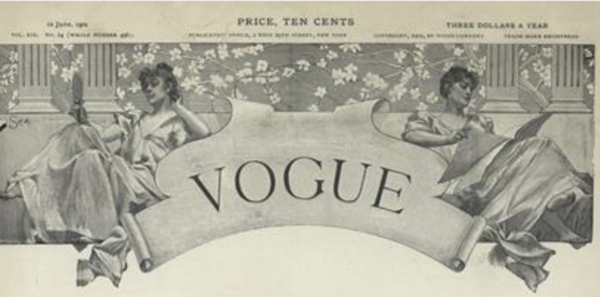Roar writer Maimuna May on how fast fashion and the pandemic is killing the high street.
Debenhams announced it was entering into liquidation on 1 December 2020 after consecutive years running at a loss, Debenham was later bought by the Boohoo group a month later. Other brands under the Arcadian Group followed in turn, ASOS went on to acquire Topshop, at the expense of putting 19,000 people out of their jobs. The acquisition of these brands by two major online retailers signals a change in our shopping habits.
Naturally, it comes as no surprise that the COVID-19 pandemic has exacerbated losses for high street retailers. Many of these stores, if open at all, have had to work under a reduced capacity whilst having to compete with online sellers who remained largely unaffected by government restrictions. While Primark sales plummet, retailers like Amazon have thrived, taking advantage of their fast shipping times and cheap prices to cater to consumers stuck at home during the lockdown. In fact, the massive influx of online purchases resulted in a 37% increase in profits in Amazon’s third quarter, as well as the company adding 250,000 new jobs within that same period. With companies like ASOS experiencing similar booms in their profits, it is clearer than ever that online retail is the new king.
With fast shipping times and instant access to thousands of items, the appeal of online shopping is obvious. Furthermore, the astronomic rise of social media has played a huge role in retail. As a result, the online shopping experience has become more efficient for the consumer, and to an extent, a change that we should readily embrace.
However, the decline of the high street isn’t necessarily a change for the better. By closing brick-and-mortar stores for good, we lose out in several ways.
For one, we lose the experience of shopping on the high street, swapping those Saturday trips to the local shopping centre with an online venture, rebranding isolation as a part of consumer culture. Losing our high street stores also proves problematic, especially when these areas also function as cultural hubs for local residents.
There is also a question of sustainability and ethics. With no retail staff to manage stock at the brick-and-mortar stores, the responsibility shifts to warehouse staff and foreign manufacturers to provide retail services. On one hand, the increase of labour in these areas has been advantageous for online retailers as well as the economy. On the other hand, the mass production of textiles by online retailers sheds further light on the nature of fast fashion. Online retailers like Pretty Little Thing have already come under fire for paying their staff below minimum wage as well as mass-producing cheap, poor quality clothing. The environmental and ethical impacts of fast fashion are significant, with 20% of industrial water pollution coming from textiles treatment and dying.
Whilst the pandemic has introduced some irreversible changes in the world of retail, the slow decline of high street stores isn’t a new phenomenon. Even before entering administration, Debenhams had reported a net loss of over £400 million in 2018, resulting in up to 50 closures of their stores. Similarly, House of Fraser entered administration in 2018 before being bought by the Frasers Group, but at the cost of losing six of their stores across the country.
The decline of the high street reflects a change in the consumer. Aside from ease of access and convenience, the ever-increasing demand for sustainability and social awareness. With more customers valuing trust, reputation, and conversation over price and convenience, stores like Debenhams have to compete with fast-fashion retailers now starting to offer competitive prices as well as niche, sustainable and affordable clothing.
It follows the question as to whether the high street can be saved, especially when high street brands are already on a gradual decline. Social media and a changing consumer base have become the key drivers for financial success by online retailers. These changes, aggravated by COVID-19, are irreversible, so it is imperative that current high street stores rebrand and reform their image to reflect their consumer base as well as to keep up with the ever-changing face of consumer culture.
However, with Boohoo already moving to buy Dorothy Perkins and Burton, with little intention of retaining their physical stores, the future of the high street looks very bleak.



















